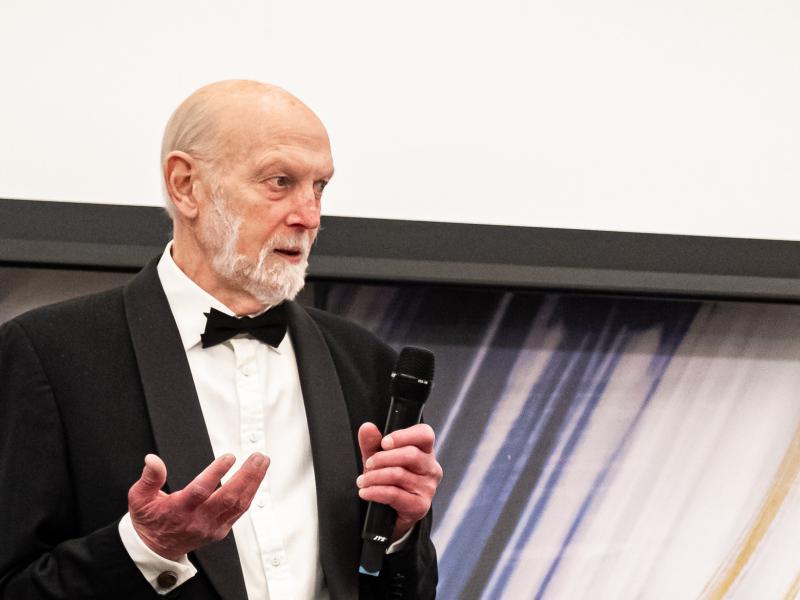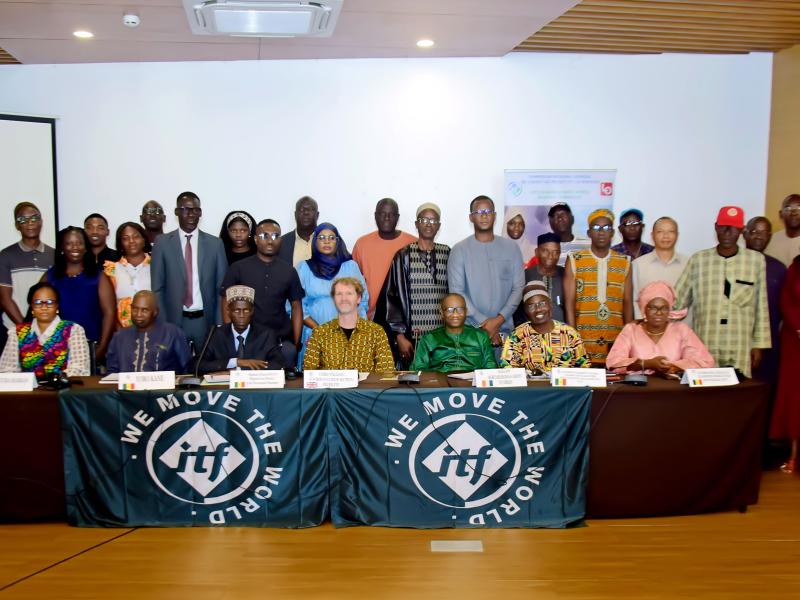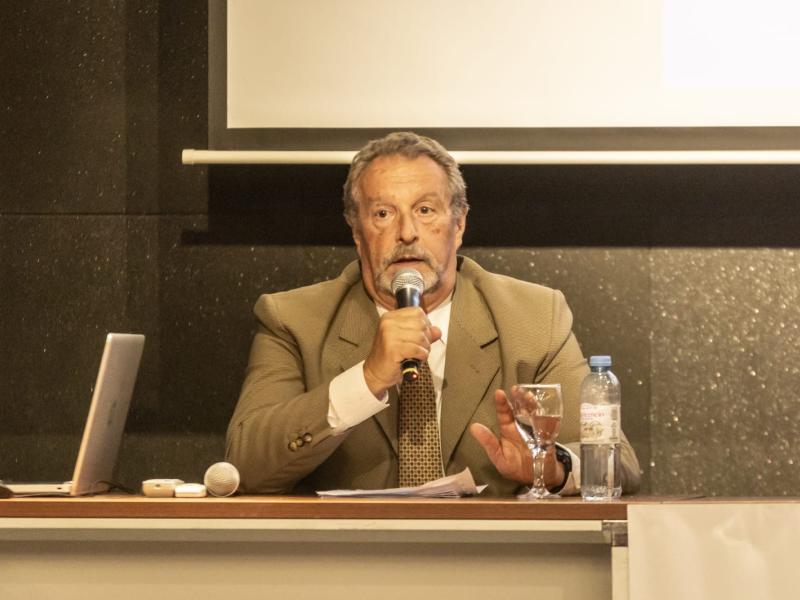Employers and governments are putting too much emphasis on technology to tackle climate change and not enough on workers, new research from the International Transport Workers’ Federation (ITF) has concluded.
Workers themselves are best placed to make practical the necessary changes in transport, the report says. It sets out a framework for change which involves, and is fair for, workers — a just transition.
“Climate change is a huge issue requiring urgent action,” said Alana Dave, the ITF’s Urban Transport Director. “But if workers are excluded from the discussion, employers and governments risk making mistakes both in the effectiveness of climate action and in the development of our transport systems.”
“I’m particularly alarmed to see employers using environmental arguments to justify questionable technology changes. For instance, the research found that many have brought in automated ticketing under the guise of climate action. In practice, this throws people out of work and creates problems for travellers but does nothing to help the environment.”
Opportunity to improve transport systems
Rapid change, for example from diesel to electric buses, is going to be essential in the coming months and years. However, this is also an opportunity to make a modal shift to public transport, improving services and making it more sustainable, the report says.
The research collected views from workers in urban transport in six cities in the Global South, where it is expected that climate action will be most difficult to achieve because of poverty and structural economic limitations, among other factors. The cities are:
- Cebu (Philippines),
- Hyderabad (India),
- Jakarta (Indonesia),
- Nairobi (Kenya),
- Bogota (Colombia),
- Santiago (Chile).
A climate victory for Filipino drivers
The report heard both criticism and suggestions from workers in each city. One of the best examples came from Cebu in the Philippines. Here, private individuals have traditionally operated minibuses called Jeepneys (originally developed from WWII US Jeeps). In 2016, a ruthless law from the Philippine Government outlawed diesel Jeepneys, even though most drivers did not have the resources to switch to electric power.
“We saw a remarkable example of worker cooperation,” said Alana Dave. “The National Confederation of Transport Union (NCTU) in the Philippines first organised the Jeepney drivers in a strike to demand a transition period. When they achieved that, the union organised workers into cooperatives so they would qualify for government assistance, meaning they could afford to upgrade their vehicles.”
The Philippines relies on Jeepneys as part of its public transport network. The Government’s original plans would have seen as many as 500,000 drivers put out of work and would have decimated the public transport system.
“Instead, we saw workers organising to create a more democratic approach to clean public transport,” said Alana Dave. “The Philippines can carry on relying on its Jeepneys, but now they’re all electric.
“Without worker involvement, this climate action would have been a disaster for public transport in the Philippines. Instead, we had a triumph. I hope we can apply this lesson around the world,”
The full report, entitled A just transition for urban transport workers, contains more details of the Jeepney workers’ story and other case studies from the Global South.



